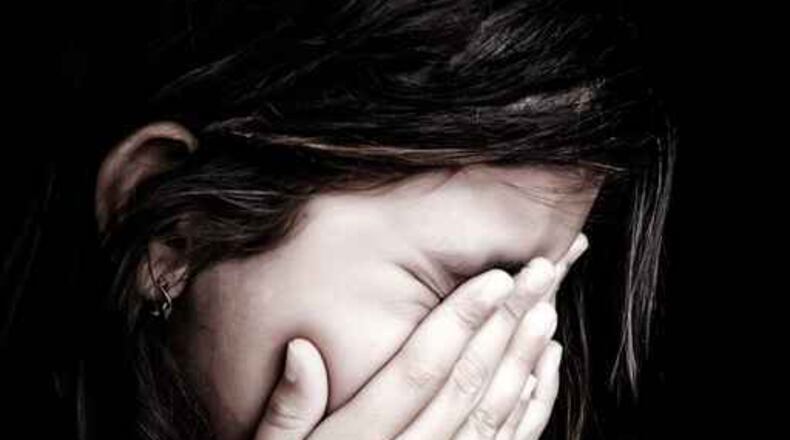In a survey of more than 20,000 Americans released today, global health service company Cigna found troubling levels of loneliness and isolation.
The most surprising finding is where the survey yielded the highest loneliness scores: College-age respondents.
Among the findings that may take you aback:
• Generation Z (adults ages 18-22) and Millennials (adults ages 23-37) are lonelier and claim to be in worse health than older generations.
• Social media use alone is not a predictor of loneliness. Respondents defined as very heavy users of social media have a loneliness score similar to those who never use social media
• Students have higher loneliness scores than retirees.
• There was no major difference between men and women and no major difference between races when it came to average loneliness scores.
I am curious what educators think could be going on here. We continue to have families living far from grandparents, aunts, uncles and cousins. Could that be a factor in why young people feel adrift?
Experts suggest the feelings of aloneness stem from childhood trauma and families fractured by addictions, poverty and loss.
Do longtime teachers see differences in today’s students compared to kids 20 years ago? We had fragile families then struggling with these same problems.
Aware many students have to learn how to understand and manage emotions, schools are introducing social-emotional learning into their curriculums, including Atlanta Public Schools.
Is that sufficient?
The study pulls out regional results, including for Atlanta, which aligns with the national findings except that here middle-aged adults are among the loneliest.
Another surprise in the national findings were the self-reports of poor physical and mental health, which can be an indicator of increased loneliness.
Older adults, age 72 and beyond, are most likely to say their overall (84%), physical (77%), and mental health (94%) is good, very good or excellent. Gen Z (adults ages 18-22), the loneliest generation, is least likely to say the same about their own overall (76%), physical (65%) and mental health (65%).
The study notes:
Loneliness scores differ when analyzed across age/generations. Gen Zers (adults ages 18-22) surveyed have a total average loneliness score of 48.3 – granting them the title of the loneliest generation – while scores gradually drop as respondents continue to age, culminating in a total average loneliness score of 38.6 for the least lonely group, the Greatest Generation (adults ages 72+).
Generation Zers (adults ages 18-22) surveyed are significantly more likely than any other generation to say they experience the feelings described in the statements associated with loneliness (e.g., feeling alone, isolated, left out, that there is no one they can talk to, etc.).
In fact, more than half of Gen Zers (adults ages 18-22) identify with 10 of the 11 feelings associated with loneliness. Feeling like people around them are not really with them (69%), feeling shy (69%), and feeling like no one really knows them well (68%) are among the most common feelings experienced by those in the Generation Z (adults ages 18-22).
We see feelings of loneliness gradually continuing to fall when looking at Boomers. Those making up the Greatest Generation (adults ages 72+) are least likely to report having feelings of loneliness, such as lacking companionship (30%), feeling alone (30%), feeling left out (28%), and feeling as though they have no one they can turn to (18%).
About the Author
Keep Reading
The Latest
Featured


